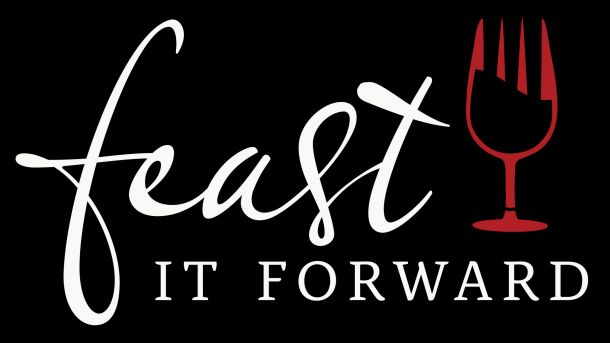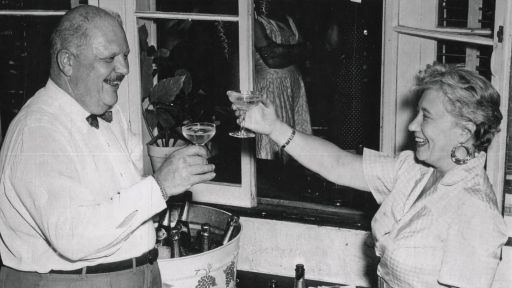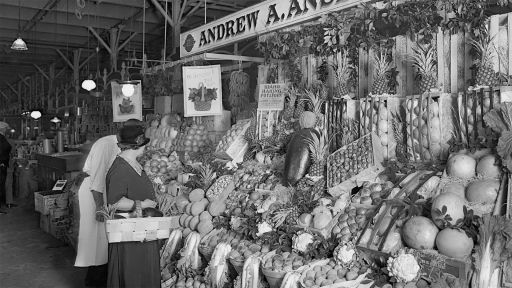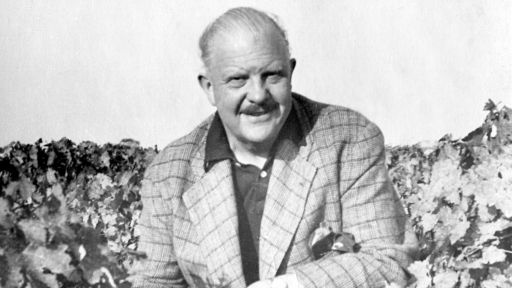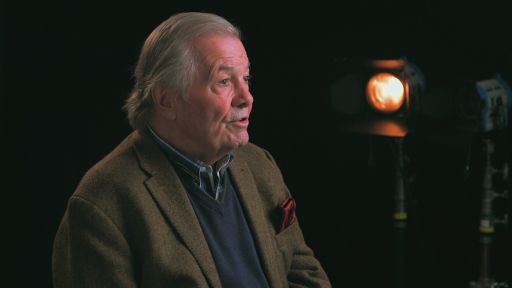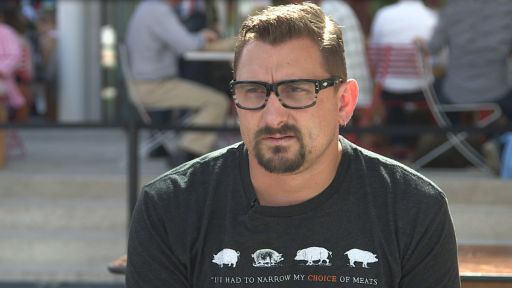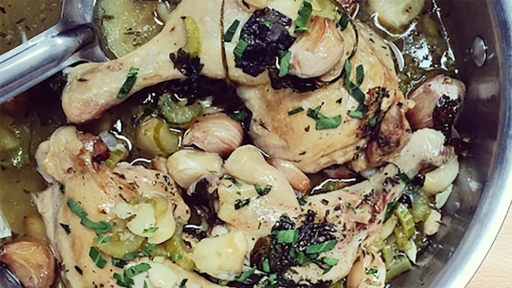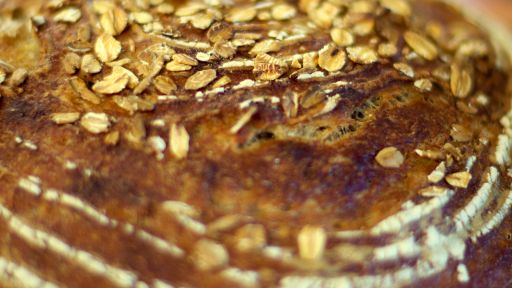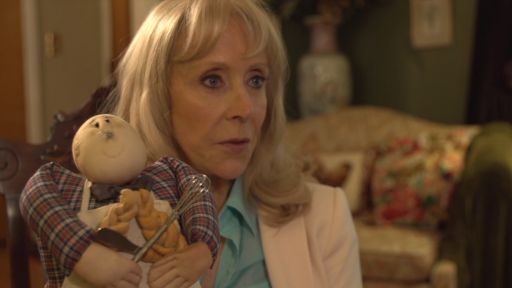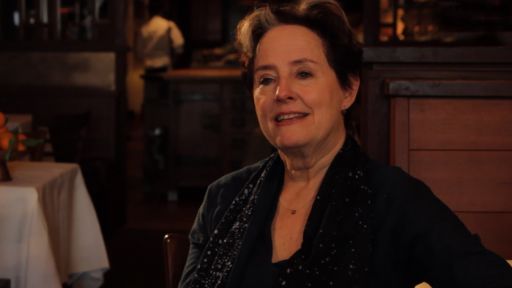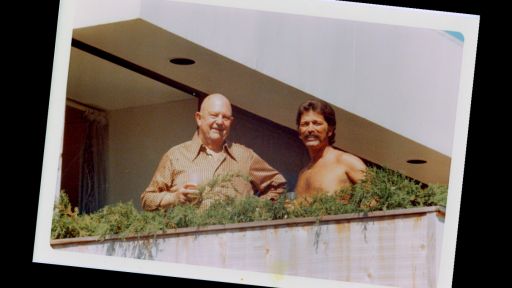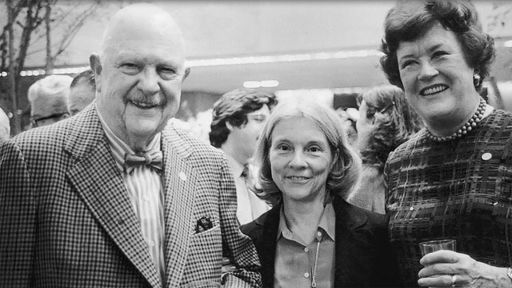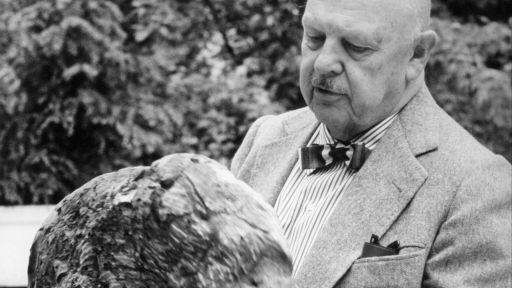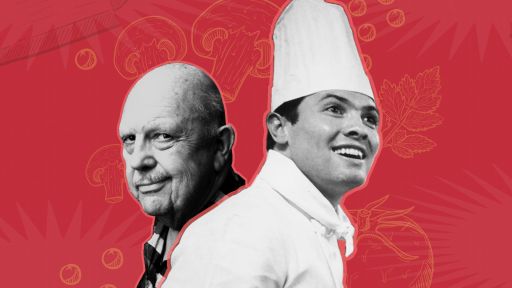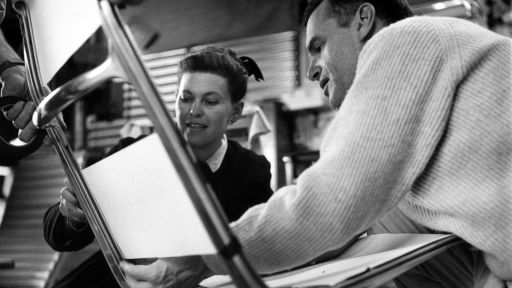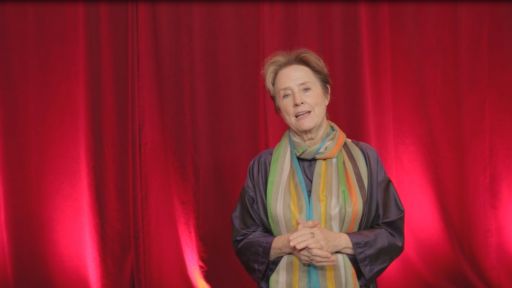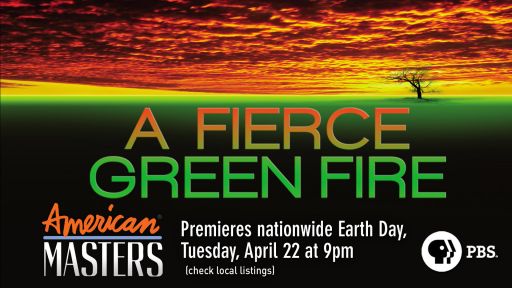TRANSCRIPT
It is true thrift to use the best ingredients available. use them carefully and wisely and you will have less waste than if you search for bargains and end up with a full garbage pail. I had the great fortune of growing up with a grandmother who had a self-sufficient farm on eastern Long Island and I really wanted the ingredients that I remembered from my childhood. I remembered the fruits and vegetables - the going out and picking them nice and fresh and using them fresh - and that's what I wanted for the restaurant. You know, I wanted to get back to where cooks knew that cauliflower didn't grow the plastic bag over it - that things came from farms. We have to start having a one-on-one relationship with our farmers, and that was back in the mid '70s. I decided I'd open my own restaurant in 1983 and I couldn't think of a name for the restaurant at all, so I called Jim up. I said, 'Jim what do you think a good name for the restaurant...' I barely got it out of my mouth and he said, 'An American Place.'
You know, long before farm to table, before farmers markets, I'll never forget going to An American Place and seeing Larry Forgione with cream in a jar and he was shaking it and I said, 'What are you doing?' He said, 'I'm whipping the cream. Mr. Beard says that you can get cream like this.' And he went out and found it. Jim loves strawberries and especially strawberry shortcake. That was one of his favorites I have a recipe that he gave me that was handed down from his mother we had it on the menu at an American place for as long as I can remember. You know, I remember asking my father, you know, what is it about James Beard do you know, that you loved so much? And, you know, he kind of smiled and said you'd be able to go over to his house and talk about morels for two hours, and then after you're done talking about morels you talk about goat cheese for another three hours and some woman who made the best goat cheese that he's ever had.
And he'd talk about what the woman looked like and the color of her hair and you know her favorite dress that she liked to wear and he would associate all these things with just this one spoonful of goat cheese.
You know, Jim never really changed over all the years. He still believed in the philosophy of American food and the great bounty that America had to offer, and it just took us a while to catch up to him. He was the pioneer in the beginnings of any kind of farm-to-table movement. Many of the chefs that he did mentor over the years are chefs that you now see in that very movement. A lot of people were dropping out in the '60s and trying to live their own way, whether it was on a farm or whether it was eating healthy food, and I think it wasn't really until we sort of came to our senses about the purity of food and it was juxtaposed again fast food, it became very revolutionary.
It's very common today to go to restaurants where you feel like you're having dinner at a friend's house with very fresh food from the farmers market.
That was not common at all in 1970. People who were architects and musicians - not even chefs before - found their way into this little Alice Waters hippie community at Chez Panisse. They came to work with her and be a part of this revolution. I was a failed architect. I was broke, and I took the first job that came along, which was the chef at Chez Panisse. If I had known what it was like to be a chef I would never have done it, quite frankly. James Beard wrote an article in 1975 saying that one of his favorite restaurants in the United States was Chez Panisse, and everybody who read his columns went, 'James Beard has a favorite restaurant in Berkeley? How's that possible?'
After Chez Panisse opened, Marion Cunningham said, 'I'm bringing James Beard.' You know, I remember we made a special dinner and I know he was sitting over here, and he was a very open, expressive, charming person. After he left, he said to Marion Cunningham, 'This is not a real restaurant.' And I knew what he meant. I did know what he meant, and I consider it a great compliment.
